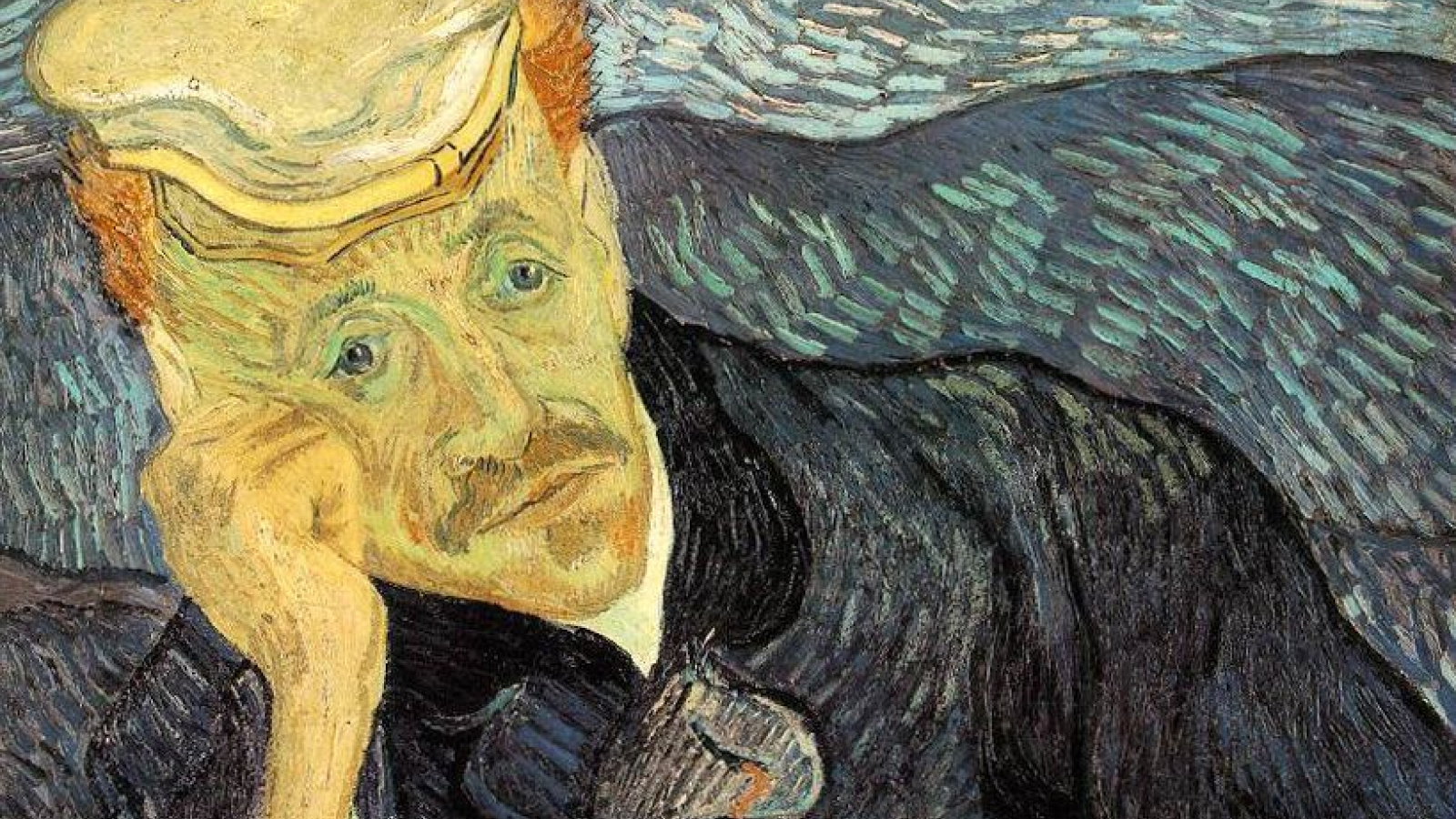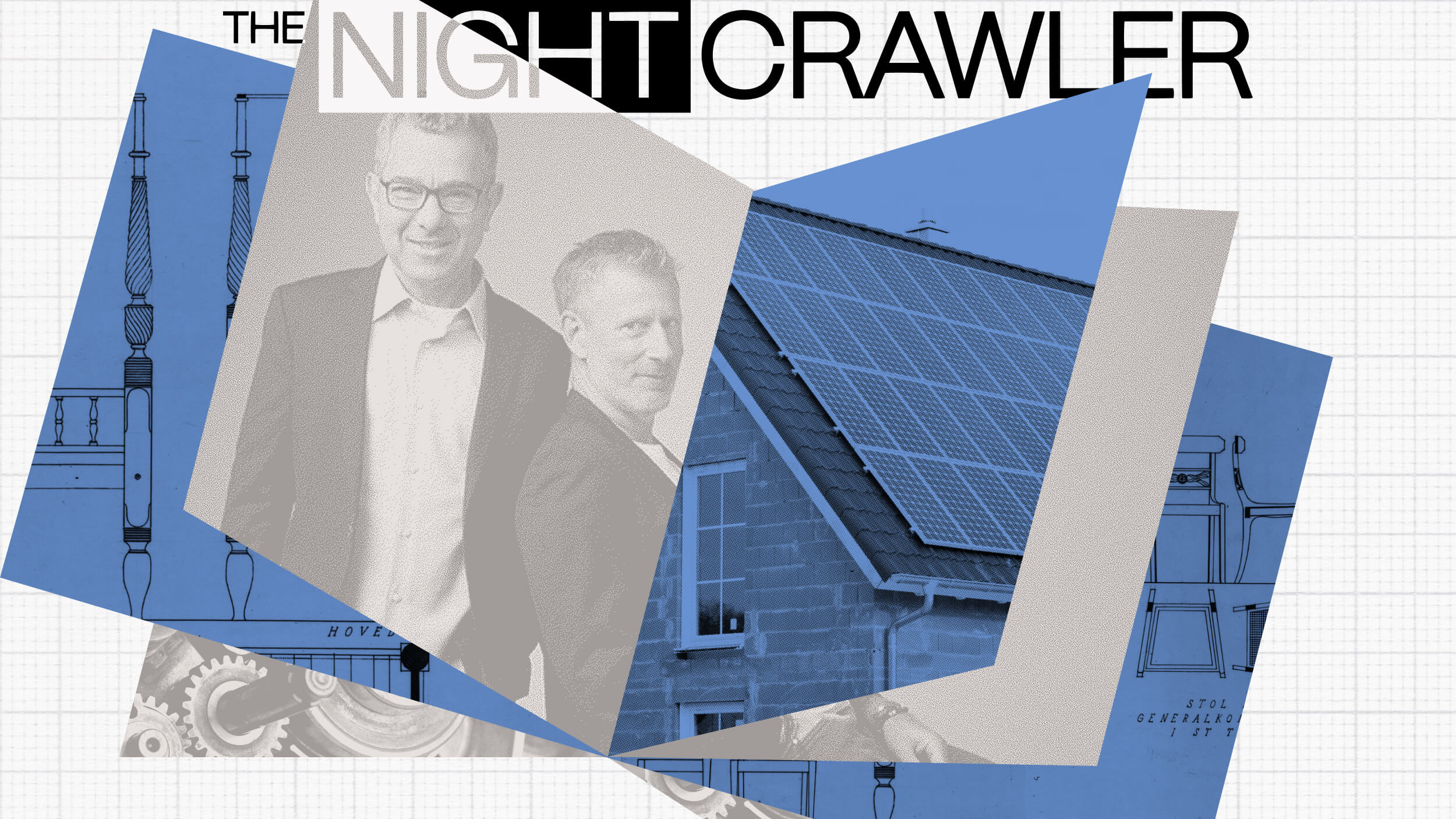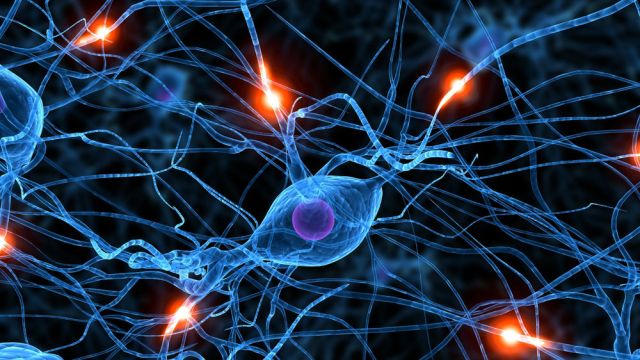Do You Have the Moral Compass of a Toddler?

What’s the Big Idea?
Are we born with a sense of morality? Or is ethical awareness something we arrive at only as we age? Like nature versus nurture, this is a question so loaded it’s become a philosophical exercise as much as a basis for scientific inquiry.
In his Floating University lecture, Yale psychology professor Paul Bloom argues that, contrary to conventional wisdom, human beings are not born as blank slates, moral relativists, or tyrannical brats. “Many people would agree with the classic Onion headline… which says: ‘New study reveals most children unrepentant sociopaths.’ The idea is that children start off immoral, monsters or if not monsters, at least they know not from good and evil.” But the data supports an altogether different view of child development.
Bloom’s research on child development paints a picture of kids as natural altruists who react instinctively to the suffering of others and go out of their way to help – even during the terrible twos. Watch the video:
Experiment footage of toddler altruism courtesy Felix Warneken and Michael Tomasello.
What’s the Significance?
“Part of our very nature is to suffer at the suffering of others,” says Bloom. Among babies, crying is practically contagious. As soon they can move on their own, kids will attempt to comfort people in distress and even give up food and toys to those in close proximity to them.Sharing arises from the impulse to ease collective suffering.In other words,greed is not good. Relationships are.
What limits this kindheartedness is how broadly it is extended and to whom. At nine months, babies begin to experience anxiety around people they don’t know, a fear of “the other” termed “stranger panic,” which Bloom believes is universal. For researchers, stranger panic raises a sort of philosophical puzzle:
When some sort of disaster strikes like a tsunami or a hurricane or earthquake, many of us give our resources, even our blood, to help out people we’ve never met before. You and me and everyone else we know can [ignore our stranger panic in order to] extend our compassion to strangers. To put it in language the philosopher Peter Singer has used, “Our moral circle has expanded.” We care about people in other countries. We care about people from other races. We care about people we’ve never seen before and we never will see.
Why? How do we go from something as concrete as caring for those in the same room as us, to something as abstract as caring for people around the world? Bloom speculates that the connections forged in travel and commerce may force people to expand the “scope” of who they care about. “The more people you know, the more people you have contact with, the more you might care about them in a sort of self-interested altruism where you care about them because they’re fates are intertwined with yours,” he concludes.
It’s a tantalizing thought in the age of digital friendship – the idea that the more we email, the more “likes” and thumbs up we give each other, the more connected we’ll be.
Tell us: do you agree? Is this the dawn of a new age of empathy? Are we driven to care?
To subscribe to the Floating University course “Great Big Ideas,” click here.





